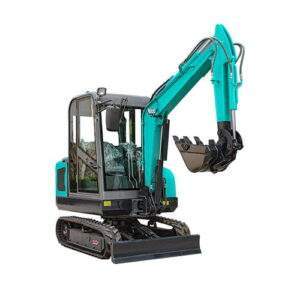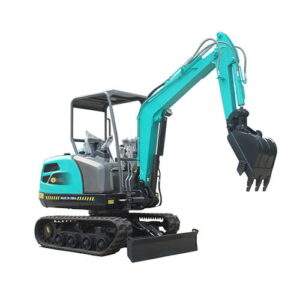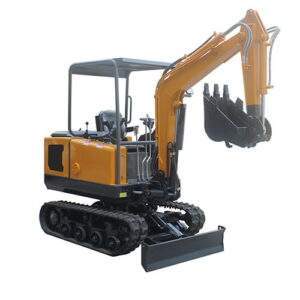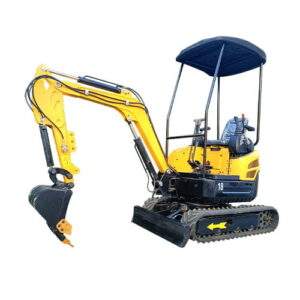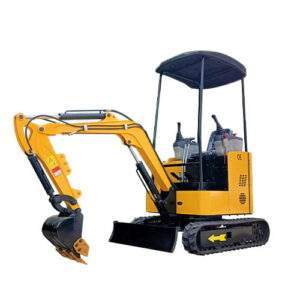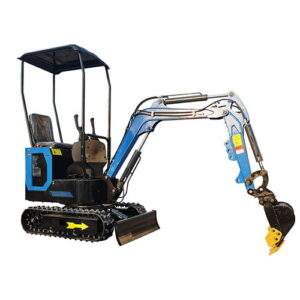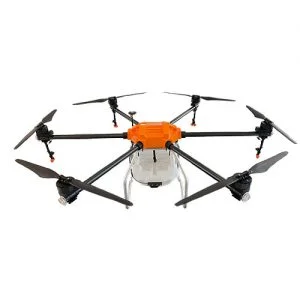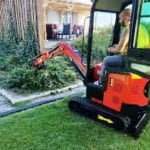Small Excavator for Sale: 7 Questions to Ask Before Buying
Welcome to My Blog!
Before we dive into the content, I’d love for you to join me on my social media platforms where I share more insights, engage with the community, and post updates. Here’s how you can connect with me:
Facebook:https://www.facebook.com/profile.php?id=61557298070472
Now, let’s get started on our journey together. I hope you find the content here insightful, engaging, and valuable.
Table of Contents
Introduction

Buying a small excavator for sale is a significant decision, whether you’re planning to use it for landscaping, construction, or farming tasks. With so many options available, it’s crucial to evaluate your needs carefully and ask the right questions before purchasing. This guide will help you navigate the key considerations and ensure you make an informed choice.
What Are Your Specific Project Requirements?
BBefore choosing a small excavator for sale, clearly define your project requirements. Consider:
- The tasks you’ll perform: Are you focusing on digging, lifting, grading, or demolishing? Each task may require different attachments or capacities.
- Working conditions: Will the machine operate in confined spaces, rough terrains, or urban settings? A compact small excavator is ideal for restricted areas, while rugged models suit challenging terrains.
- Expected workload: Is your need for light tasks or heavy-duty work? Ensure the excavator’s power aligns with the workload.
By understanding your project needs, you can narrow down the necessary features, including size, weight, and attachments, ensuring the selected small excavator for sale meets your requirements efficiently.
Which Features Should You Prioritize?

Different small excavators come with various features designed for specific tasks. Key factors to evaluate include:
- Engine power: Determines the machine’s strength and performance.
- Operating weight: Impacts stability and maneuverability.
- Digging depth and reach: Crucial for excavation tasks.
- Attachments: Options like buckets, breakers, and augers enhance versatility.
When comparing small excavators for sale, check if the model supports attachments that suit your needs.
Table: Key Features Comparison for Small Excavators
| Feature | Importance for Buyers | Key Considerations |
|---|---|---|
| Engine Power | Determines performance and fuel efficiency | Look for eco-friendly engines if possible. |
| Operating Weight | Affects stability and mobility in different terrains | Match weight to the project environment. |
| Digging Depth & Reach | Essential for excavation and trenching tasks | Choose based on your specific project needs. |
| Attachments | Increases versatility for various tasks | Check compatibility with multiple tools. |
| Maintenance Needs | Impacts operating costs and downtime | Opt for models with accessible service areas |
How Can You Assess the Supplier’s Reputation?
The reputation of the seller is as important as the machine itself, especially when considering a small excavator for sale. To ensure you’re dealing with a reliable source, check:
- Customer reviews: Look for testimonials and feedback from previous buyers who have purchased a small excavator. Positive reviews often indicate trustworthy suppliers.
- After-sales support: A reputable seller provides maintenance services, spare parts, and technical support, ensuring your small excavator operates efficiently for years to come.
- Warranty options: Verify that the small excavator comes with a warranty covering essential components and addressing potential issues.
When researching suppliers for a small excavator for sale, thoroughly review their history and reputation to ensure a smooth purchasing experience and long-term reliability.
Should You Consider New or Used Models?

When looking at small excavators for sale, you’ll encounter both new and used options. Here are the benefits and drawbacks of each:
- New models:
- Pros: Latest features, warranty coverage, minimal wear.
- Cons: Higher upfront costs.
- Used models:
- Pros: Cost-effective, availability of well-maintained units.
- Cons: Higher maintenance risk, limited warranty options.
Carefully inspect used excavators for wear and tear, and always request a service history.
How Does Delivery and Logistics Impact Your Decision?
Consider how the excavator will be delivered to your site. Reliable sellers often provide delivery options or collaborate with logistics partners to ensure the equipment reaches you safely. Factors to consider include:
- Delivery timelines: Ensure it aligns with your project schedule.
- Transportation costs: Factor these into your budget.
- Safety measures: Check how the supplier ensures secure transport.
Conclusion: Ask the Right Questions for a Confident Purchase
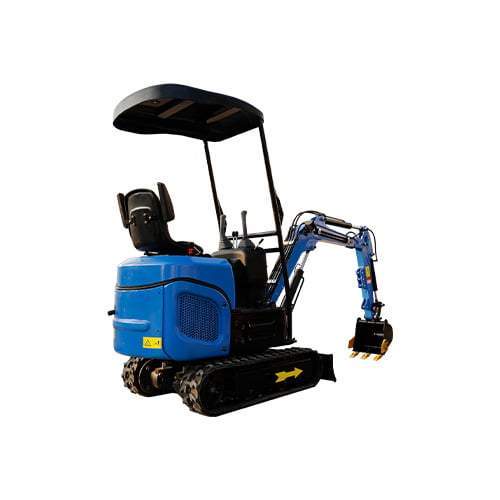
Buying a small excavator for sale requires careful planning and evaluation. By asking these seven critical questions, you can identify the best excavator that fits your project requirements, budget, and operational needs. Take your time to research and choose a reputable supplier to ensure a seamless buying experience.
FAQ
What is the ideal size for a small excavator?
Small excavators typically range from 1 to 10 tons. The size depends on your specific project needs and working conditions.
Are attachments interchangeable across brands?
Some attachments are brand-specific, while others are universal. Always check compatibility before purchasing additional tools.
How often should I service a small excavator?
Routine maintenance, such as oil changes and filter replacements, should be performed every 250 to 500 hours of operation.
What is the lifespan of a small excavator?
With proper maintenance, a small excavator can last 8,000 to 10,000 hours or more.
Can I finance a small excavator purchase?
Many suppliers offer financing options. Be sure to compare interest rates and repayment terms before committing.
What are the best brands for small excavators?
Popular brands include Caterpillar, Bobcat, Kubota, and Komatsu, each known for durability and performance.
Is renting a better option than buying?
Renting is ideal for short-term or one-time projects. Buying is more cost-effective for long-term use.

